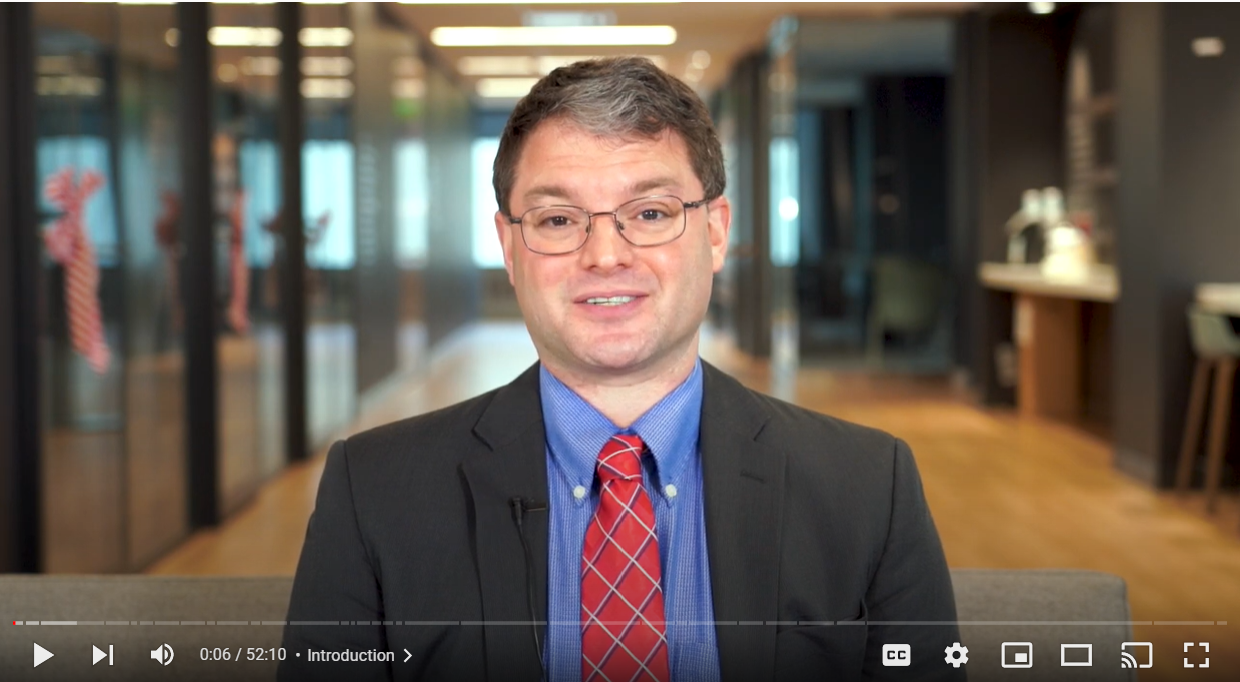Posts tagged Florida

Opinion: Unions should be about employees, not about politics
October 30, 2024 // In August, National Education Association President Becky Pringle told WHYY, Philadelphia’s NPR affiliate, that membership was “nearly evenly split between Democrats, Republicans, and independents.” Yet she drove her union — the country’s largest union, public or private — to endorse Harris. The Teamsters and IAFF demonstrate that the NEA and other unions can simply decline political endorsements that divide their members. After all, members don’t want a union focused on politics, but on core collective bargaining activities. Gallup polling reveals the top reasons employees join a labor union are “Better pay and benefits,” “Employee representation-Employee rights,” and “Job Security.”
Marco Island Police Union Votes “No Confidence” in Police Chief
October 15, 2024 // Marco Island’s police union expressed a vote of no confidence in Chief Tracy Frazzano during a meeting held on September 28. And Frazzano intends to address and correct their concerns, she said. “Events which led to these concerns include, but are not limited to, Chief Frazzano entering active crime scenes in workout attire, making poor operational decisions resulting in unnecessary risk to the wellbeing of our members and the community, and taking disproportionate disciplinary actions against our members,” wrote Marco Island Fraternal Order of Police Lodge 95 President Jonathon Gray in a letter to City Manager Michael McNees dated October 7.
Commentary: G-MEN: Governments Employ Record Number of People
October 13, 2024 // This September, the Congressional Research Service released an updated version of this report. It revealed the same thing: The seven congressional districts with the highest percentage of federal civilian workers in its workforce are all in the suburbs of Washington, D.C.—and all are represented by Democrats in the U.S. House of Representatives. In Maryland’s District 5, according to this Congressional Research Service report, 18.18% of all workers work for the federal government. It is represented by Democratic Rep. Steny Hoyer, the former House majority leader. In Virginia’s District 8, 16.67% of all workers work for the federal government. It is represented by Democratic Rep. Don Beyer. In Maryland’s District 8, 14.48% of workers work for the federal government. It is represented by Democratic Rep. Jamie Raskin. In Virginia’s District 7, 13.59% of workers work for the federal government. It is represented by Democratic Rep. Abigail Spanberger.
The Union Members Who Never Voted for Their Union
September 10, 2024 // Reform federal labor law to require a secret-ballot election for unionization, as the Employee Rights Act would do. A 2022 survey showed that 70 percent of Americans — and 76 percent of union households — support this concept. At present, unions can succeed without support from a majority of its workforce when only a tiny portion of eligible employees vote in the election. For example, the NLRB is considering certifying an election in California in which just three employees out of 24 voted to unionize. A fourth voted against the union, and the rest did not vote. Federal labor law should require a quorum — such as two-thirds of all eligible voters — in order for an election result to be upheld. Such a requirement is popular: Eighty-four percent of Americans support this idea.

Government Unions are Down — But Not Out
September 10, 2024 // For nearly a decade, the Commonwealth Foundation has tracked state-by-state changes in labor laws. Every two years, the Commonwealth Foundation releases its research on the ever-changing legal landscape for public sector unions, assessing each state’s efforts to promote public employees’ rights or cave to unions’ entrenched influence. This fourth edition examines government unions’ attempts, following Janus, to hold onto and expand special legal privileges under state laws. The research also highlights the states reining in government unions’ power and influence by empowering workers.
Unions pursue law changes to boost membership
September 8, 2024 // “The overarching theme is that the unions have really responded to the membership losses since JANUS to drive up union membership,” Osborne said. In the JANUS decision, courts held that unions could no longer collect “fair share” dues from non-members who benefit from collective bargaining agreements. Follow-up litigation has challenged the cumbersome process many former members had to overcome to leave the union and recoup dues improperly withheld. In the report, states known as union “strongholds” scored lower than others that have enacted collective bargaining reforms.

Labor unions lose 63,000 members under new state law
September 5, 2024 // The largest losses of union representation in Florida due to SB 256 come from those employed by the state government — more than 43,000 state employees have lost their unions. The second largest loss of union representation comes from university and college professors, specifically unions that represent adjunct and part-time faculty. Municipal employees from cities large and small follow. WLRN is using public records to maintain a database that shows the full extent of the fallout of the law.

Commentary: Workers of the World, Vote!
September 3, 2024 // Labor Day is the traditional start of the campaign season, which means labor unions will soon hold get-out-the-vote efforts among their members. Yet a new study from the Institute for the American Worker finds that 95.1% of private-sector union members never voted to join their union. Worse, unions are getting more unrepresentative. Based on one estimate, the percentage of private-sector union members who have voted in a unionization election at their workplace has declined by 2 points since 2009. The lack of workplace democracy isn’t an accident. As unions have acknowledged, they have sought to organize more workers through card check, a process by which they can pressure workers into supporting unionization. Card check—a public form of signature gathering—deprives employees of secret-ballot elections, which would allow them to express their preferences without fear of being ostracized.
Op-Ed: Florida vs. Michigan on Public Unions
August 30, 2024 // Each local union chapter must show that at least 60% of its eligible members are paying dues, or the state requires it to hold a new election. That sets teachers, clerks and custodians free from unions that haven’t won them over, and at least 20 units have been decertified in the past year. A few other states have also rolled back union coercion. Arkansas and Tennessee enacted paycheck protection for teachers. Kentucky legislators overrode a veto by Democratic Gov. Andy Beshear to secure the same. On the other side of the trend is Michigan, where Gov. Gretchen Whitmer signed a repeal of paycheck protection for teachers last summer. She also ended a requirement that schools pay teachers based on merit instead of seniority alone

Federal judge says H-2A workers don’t have right to unionize
August 28, 2024 // In her ruling, Judge Lisa Wood acknowledged the Department of Labor has the authority to make rules governing H-2A workers. However, she says the Labor Department does not have the authority to “create law or protect newly created rights of agricultural workers.” That authority, she says, belongs to Congress. Citing previous legal precedents, Woods determined that issuing a nationwide injunction would give a single district court an outsized role in the federal systems. Therefore, her ruling only affects those listed as plaintiffs in the case initiated by the Southern Legal Foundation.
